#aluminum
GM Hints At Aluminum Bodies During $5.4B Investment Announcement
During its announcement of a $5.4-billion investment into its facilities, General Motors hinted at possibly making the switch to aluminum bodies.
Repair Estimates For Tesla Model S Higher At Certified Shops
No matter how minor or major an accident, Tesla Model S owners and their insurers will feel the financial pain from Tesla’s certified shops.
Hinrichs: Extensive Use Of Aluminum Only For Truck Lineup
The King of Truck Mountain may have new aluminum armor these days, but Ford has no plans on fully equipping the rest of its lineup with the metal.
Aluminum The Metal Of Choice For The 2016 Cadillac CT6
The Ford F-150 won’t be the only new model sporting an aluminum body: the Cadillac CT6 — which won’t look much like the Elmiraj concept, alas — will enter production with the metal, as well.
Aluminum Mainstreaming May Mean More Dent & Ding Policies
Planning to buy a new 2015 Ford F-150 soon? You might be purchasing a dent-and-ding policy for your ride, too.
2017 Jeep Wrangler To Remain Body-On-Frame
The fate of where the next-gen Jeep Wrangler will be assembled may have been settled, thanks to the fact that there will be no unibody Wrangler anytime soon.
UAW, Political Leaders Uniting To Keep Wrangler In Ohio
With the possibility of an aluminum Jeep Wrangler being built elsewhere, the United Auto Workers and political leaders are coming together to convince Fiat Chrysler Automobiles to keep the icon in Toledo, Ohio.
Big Steel Steps Up Marketing Game Under Aluminum Shadow
Ford’s move to make the upcoming F-150 out of aluminum, along with GM’s plans to do the same with its trucks down the road, isn’t sitting well with the steel industry, to say the least.
Next-Gen Ford Super Duty To Receive Aluminum Bodies
The King of Truck Mountain’s royal guard will soon be outfitted in aluminum, thanks to Ford’s vision for the next-gen Super Duty.
Toyota Camry To Have Aluminum Hoods By 2018
As Ford prepares to stake its future on an aluminum F-150, Toyota is looking to do the same for at least a single part on its best-selling vehicle.
Supplier Believes Lightweight Steel Has A Place In Light-Duty Pickups
Though Ford is going all in on aluminum for its upcoming F-150, with General Motors following suit soon after, one supplier believes lightweight steel can be just as effective as the alloy best known for holding beer and keeping turkeys juicy in the oven.
Ram Trucks Remaining True To Steel Until 2020
Though Ford and General Motors may be exchanging their iron fists for aluminum gloves in this upcoming battle atop Truck Mountain, Ram plans to remain beholden to the steel until 2020.
Ford Announces 2015 F-150 Pricing
The 2015 Ford F-150 will get a price bump, but the upgrade fee for an Ecoboost engine won’t be the most substantial part of the hike.
Next-Generation Jeep Wrangler To Take Fight To Soft-Roaders, Hold Rubicon
With more SUVs preferring the high street over muddy, rocky trails, Jeep boss Mike Manley plans for the next-generation Wrangler to better compete against these soft-roaders while still maintaining its Rubicon cred.
Ford Claims Aluminum F-150 Is On Track, TTAC Sources Report Delays
A recent note by MorganStanley warned of a “slow changeover, with tight supply” for Ford’s new aluminum F-150, and while Ford America’s boss Joe Hinrichs told Bloomberg that “everything is “on schedule and everything is going as planned”, TTAC is hearing different things.






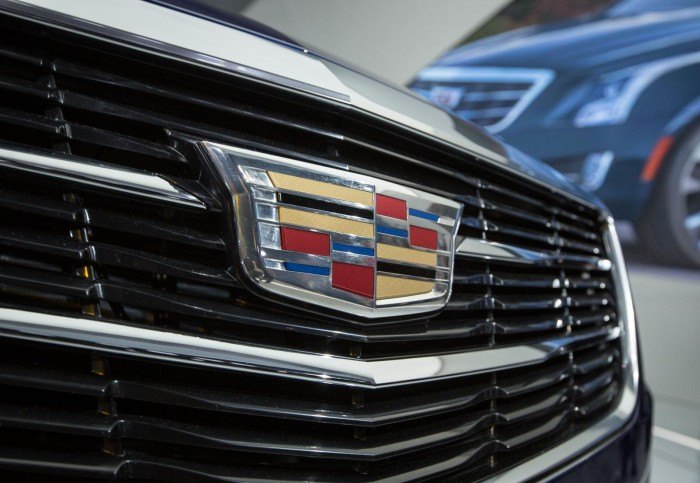
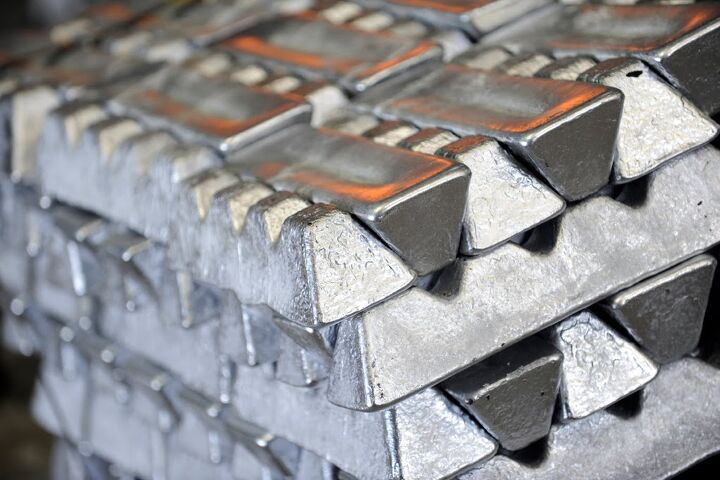
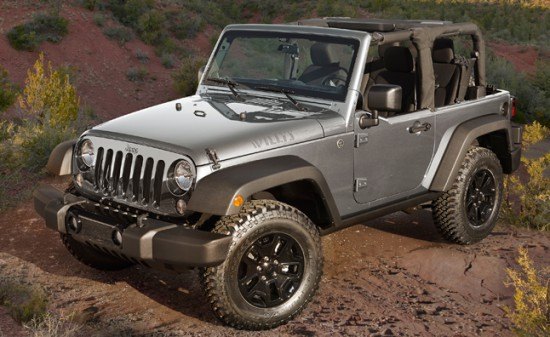


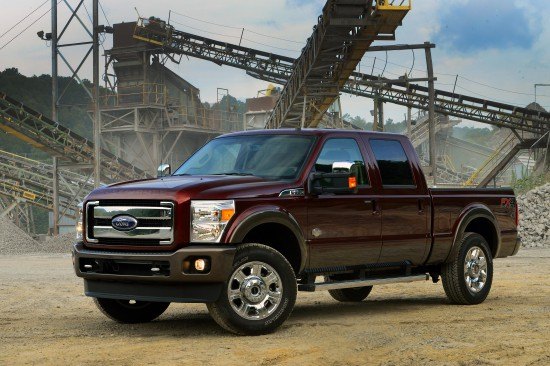
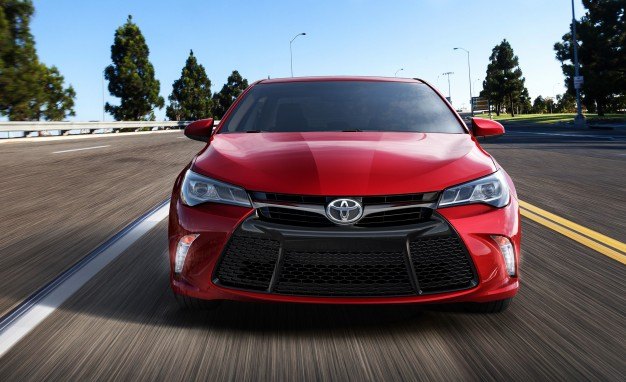


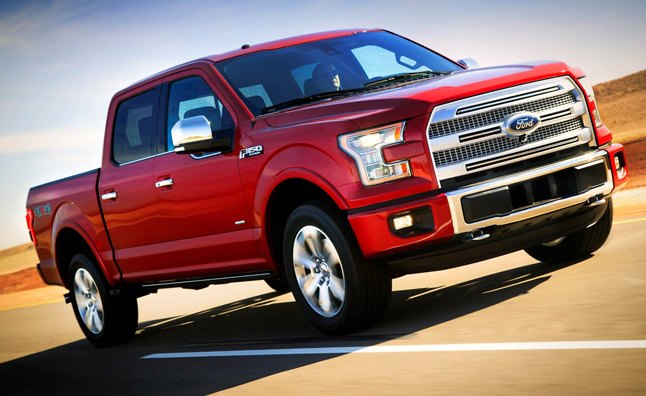














Recent Comments